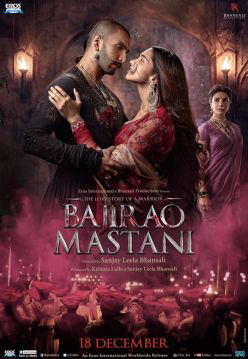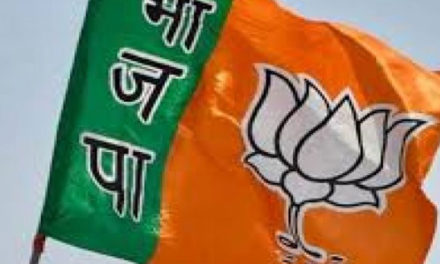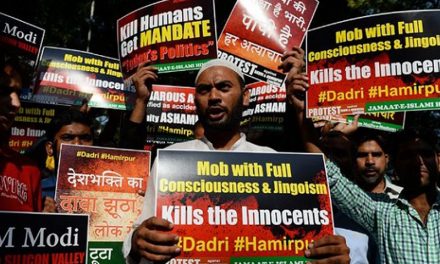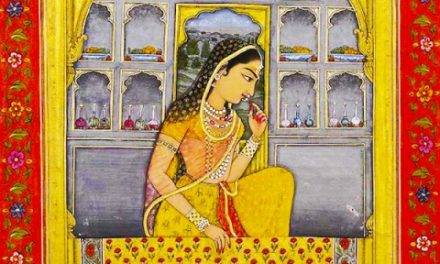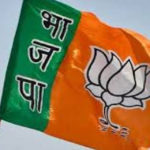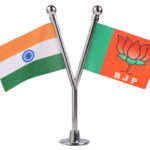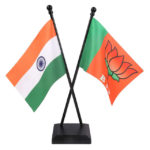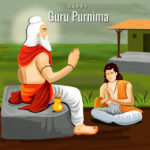Bajirao or Bajirao Mastaani?
Bajirao Mastaani was released on 18th December and is well on its way to earn good money at the Box office. It has good visuals, good performances and is essentially a historical romance movie which is what Sanjay Leela Bhansali probably set out to make. If it goes on to be a successful film, which looks very likely, it will be watched by lakhs of moviegoers in theaters in the next one month, and over the next few years, possibly crores in their homes on video, TV and internet.It is a well-made entertainer which focuses on his love affair and subsequent marriage with Mastani and the negative fallout of that for the Peshwa family, and consequently Maratha empire.
It is a well-made entertainer which focuses on his love affair and subsequent marriage with Mastani and the negative fallout of that for the Peshwa family, and consequently Maratha empire. All those moviegoers who had never earlier heard of Bajirao Peshwa-I, one of the most impressive and heroic warriors in Indian history, will always now remember him in relation to Mastani, one of his 2 wives who was daughter of Chatrasaal (King of Bundelkhand), and had a muslim mother.They may never know of some of the commonly known facts about him which make him the great hero that he has been for historians and Marathi folks alike.
Bajirao I was the 2nd Peshwa who had a glorious reign as Peshwa (Prime Minister) of Maratha empire, which started when he was anointed as Peshwa at age of 20, upon the death of his father- BalajiVishwanath. He died at the young age of 40, but in this short duration he is reputed to have led Maratha charge in over 41 battles and did not lose a single one. He expanded Maratha empire beyond Maharashtra to present day Gujarat, Rajasthan, Malwa (MP), Delhi, and extended the Maratha flag up to Ottock (now in Pakistan).He defeated large armies of Mughals in the battles in Bhopal and in Delhi and forced them to sign an armistice accepting terms dictated by Marathas.
He was an acknowledged genius in term of his political and strategic acumen. His decision to move capital from Satara to Pune, alliances with Rajputs, ability to craft treaties with Mughals and Nizam on his terms and creation of a confederacy of Marathas across 5 regions (Gaikwads in Baroda, Schindias in Gwalio, Holkars in Indore, Bhosles in Nagpur and Peshwas in Pune) are acknowledged as examples of strategic and political wisdom. British Field Marshal Bernard Montgomery describes his tactics in the famous battle of Palkhed (with Nizam) in 1728 as “A masterpiece of strategic mobility in his book, The Concise History of Warfare
If you watch the movie you might not catch any of this. You will remember the affair withMastani and the damage this romance caused the Maratha empire.
This reminds me of grand biopics attempted on lives of great men in recent times. We have had movies like Gandhi by Richard Attenborough, by Ketan Mehta on Sardar Patel’s life, “Veer Sawarkar” by SudhirPhadke, and more than one films on Bhagat Singh. We have had films like “Dr. Kotniski Amar Kahani” by VShantaram in 40s. These were great movies which told the stories of the heroes in focus and left a lasting impact on every one who watched it.
As the reading habits decline and attention spans shrink, influence of movies in shaping and informing people about historical figures becomes more and more important.
Mega budget commercial entertainers with high cost of marketing and distribution drives some film makers to focus only on romantic aspects of historical heroes and one cannot blame them for this. Creative folks have their own freedom and approaches and commercial compulsions.
However, if governments (state or central)incentivizes filmmaking efforts for biopics by offering funds and tax breaks to depict historical biopics where full justice is done to the heroes, we will see more holistic portrayals.
We will continue to have films like Bajirao Mastani or TV serials like Jodha Akbar but we will also see more films like the “Sardar” which will be good for the present and future generations.
A crop of film makers who do not want to tread the beaten path of “romantic love story” will certainly come forward to experiment and do justice to the stories of the great men in our history, in the process, doing a service to the nation and the citizens.

